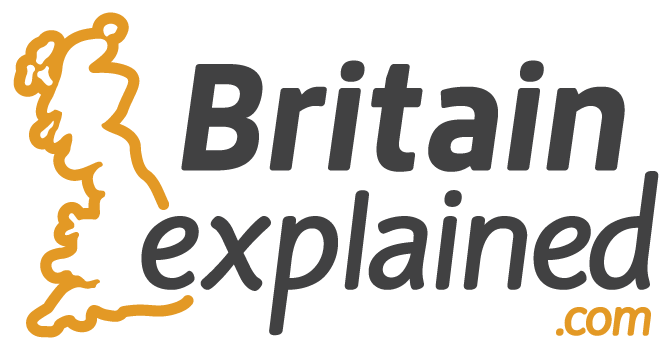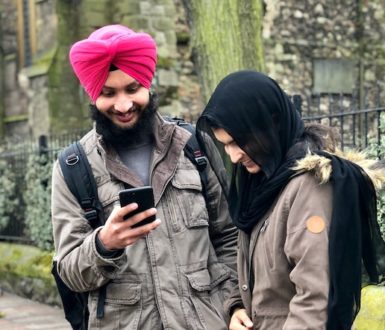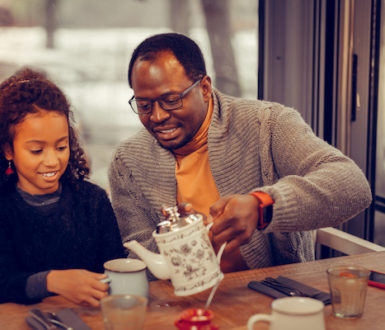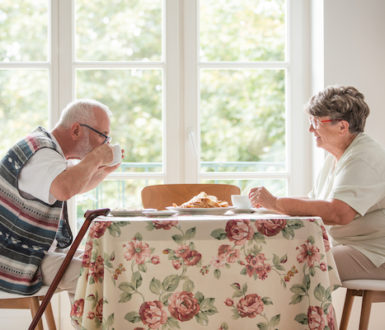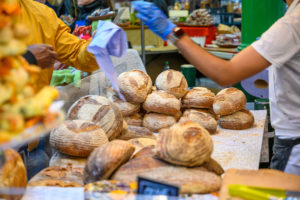
There’s one striking thing about the way people speak in Britain – the number of times they say ‘please’ or ‘thank you’. A survey in 2018 showed that people in Britain use the words a lot more than in many other countries. It’s possibly one reason why Britain has a reputation for politeness.
From a very young age, children are taught to ‘mind their Ps and Qs’ (pleases and thank yous). This is true in all social classes. Even people without many other manners will stick to this custom, although the words ‘ta’ or ‘cheers’ are sometimes used instead of ‘thank you’ or ‘thanks’.
Many languages don’t have a ‘please’ equivalent word – it is implied in the sentence construction. And in some respects, you can also do it in English. For example, “Could you get me the milk?” is more polite than “Get me the milk” (which sounds like an order and would be considered rude).
However, to British ears, “Could you get me the milk” still suggests an element of serving, rather than free will. The person might reply: “What’s the magic word?” – which means they expect you to add ‘please’ to the sentence.
So what makes ‘please’ a magic word? It is because it adds a subtle extra aspect. It implies “I know I am asking you to do something that you don’t have to do, but you would be very kind if you did it.”
Using ‘please’ and ‘thank you’ is very important in a wide variety of social situations. This could be between a boss and their employees, between friends and family, when ordering food in a restaurant, or shopping.
In fact, people use these words so often, just buying some bread might involve saying them 6 times.
CUSTOMER: “Please could I have that loaf there, thanks”
SHOPKEEPER “Sorry, which kind would you like?”
CUSTOMER: “The loaf over there please”
SHOPKEEPER: “There you are. £2 please”
CUSTOMER: “Thanks”
SHOPKEEPER: “Thanks”
Image: David Cooil/Dreamstime
